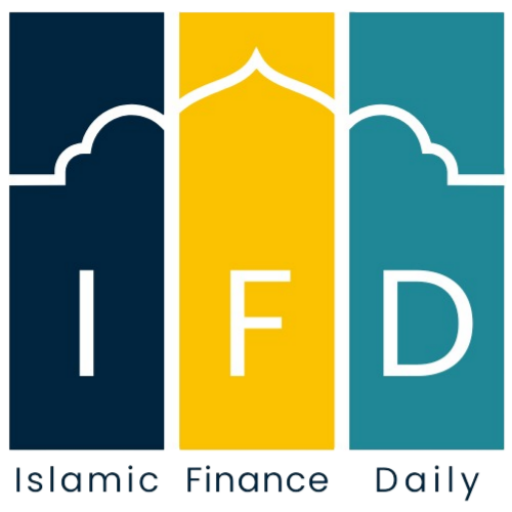Islamic finance is a rapidly growing industry with a global market value exceeding trillions of dollars. Professionals in this field require specialized knowledge to navigate Sharia-compliant financial systems effectively. Certifications in Islamic finance play a crucial role in equipping individuals with the skills and recognition needed to excel. This blog explores internationally recognized certifications, their value, and real-world examples.
Table of Contents
ToggleWhy Pursue Certifications in Islamic Finance?
Islamic finance certifications are essential for professionals looking to enhance their expertise in a highly specialized industry. These certifications validate a candidate’s knowledge of Islamic jurisprudence (Fiqh al-Muamalat) and modern financial systems.
Key Benefits:
- Improved career opportunities in Islamic financial institutions.
- Enhanced credibility and professional standing.
- Access to a global network of Sharia finance professionals.
The demand for certified professionals is on the rise due to the industry’s growth, particularly in regions like the Middle East, Southeast Asia, and parts of Europe.
Prominent Certifications in Islamic Finance
Certified Islamic Finance Professional (CIFP)
Offered by the International Centre for Education in Islamic Finance (INCEIF) in Malaysia, the CIFP program is designed for individuals aspiring to become experts in Sharia-compliant financial practices.
- Focus Areas: Islamic financial products, governance, and risk management.
- Example: Many senior managers in Islamic banks, such as Bank Islam Malaysia, hold CIFP certifications to navigate complex regulatory requirements effectively.
AAOIFI Certifications
The Accounting and Auditing Organization for Islamic Financial Institutions (AAOIFI) offers globally recognized certifications like the Certified Islamic Professional Accountant (CIPA) and Certified Sharia Adviser and Auditor (CSAA).
- Focus Areas: Accounting standards, Sharia compliance, and auditing practices.
- Example: Professionals in Bahrain’s Islamic finance industry often pursue AAOIFI certifications to align with regulatory standards.
Islamic Finance Qualification (IFQ)
The Chartered Institute for Securities & Investment (CISI), in collaboration with the Ecole Supérieure des Affaires (ESA) in Lebanon, offers the IFQ. This beginner-friendly certification provides a foundational understanding of Islamic finance principles.
- Focus Areas: Sharia principles, Islamic financial products, and markets.
- Example: Banks in the UK, such as Al Rayan Bank, encourage employees to acquire the IFQ to cater to diverse customer needs.
Global Recognition and Impact
Certifications in Islamic finance are internationally recognized and open doors to prestigious opportunities. Countries with a strong Islamic finance presence, such as Saudi Arabia, Malaysia, and the UAE, often require certified professionals to meet regulatory compliance and industry standards.
For instance, Malaysia’s robust Islamic finance ecosystem prioritizes hiring individuals with certifications from INCEIF and AAOIFI. Similarly, institutions in the Gulf Cooperation Council (GCC) countries value AAOIFI-certified professionals for their expertise in aligning with Sharia guidelines.
How to Choose the Right Certification?
When selecting a certification, professionals should consider factors such as:
- Career Goals: Are you looking to specialize in auditing, financial products, or governance?
- Industry Requirements: Research certifications valued by employers in your region or target market.
- Accreditation: Ensure the program is globally recognized and backed by reputable institutions like AAOIFI or INCEIF.
Challenges and Opportunities in Islamic Finance Certifications
Challenges:
- High cost of certifications for some programs.
- Limited awareness in non-Muslim-majority regions.
Opportunities:
- Online certification programs are making these credentials more accessible.
- Increasing demand for Islamic finance professionals in conventional institutions diversifying into Sharia-compliant offerings.
The Future of Islamic Finance Certifications
As Islamic finance continues to expand, the value of certifications will only grow. With initiatives like green sukuk and halal investments gaining traction, the demand for skilled professionals with specialized training is set to increase.
Certifications equip professionals to contribute to sustainable economic development while adhering to ethical and Sharia-compliant principles.
Conclusion
Certifications in Islamic finance serve as a bridge between traditional Islamic principles and modern financial practices. They provide professionals with the knowledge and credibility to excel in a competitive industry while fostering ethical financial practices. Investing in these certifications not only advances careers but also contributes to the broader goal of promoting Islamic finance globally.



